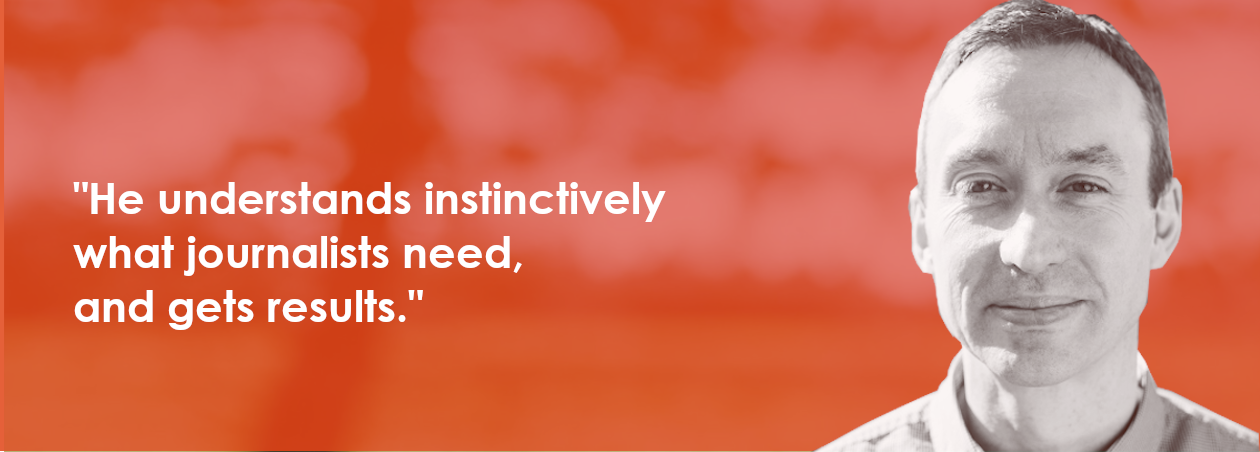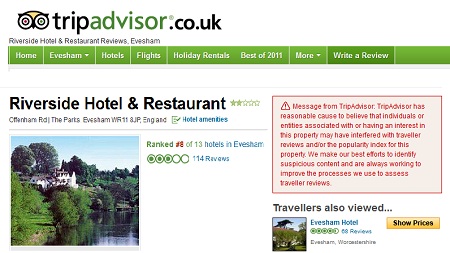With Google running up to 200 trials on its search engine results at any one time it is easy to miss many of their changes, however the evolution of Local results promises to have a very real impact for businesses who rely on being found by their location. Knowing how to improve your position in Google’s Local listings is an essential skill to learn.
Now that Dismaland has closed its gates, how much of a PR windfall did Banksy’s theme park provide for Weston-super-Mare?
Almost 18 months after launch, Google+ (Google Plus) seems unable to crack the social media market which is still ruled by Facebook and Twitter, but does that mean Google+ can be ignored by businesses and brands?
I spent a recent afternoon at Cool Content Coming Soon, a show dedicated to the power of good content with an array of speakers from Government departments, public bodies and content agencies.
Here a four key points that were raised by speakers that have stuck with me as being important to travel companies:
I was lucky enough to attend a training session with travel SEO expert Mark Hodson. Here are 11 takeaways from the day – I think all of them are quick and easy to action:
These are a selection of interesting public relations (PR) led travel stories that appeared in the travel press in the past few days – good, bag and ugly.
The Maldives will be thinking long and hard about future Twitter campaigns after their PR company’s efforts to get posts about the holiday destination trending on Twitter. The campaign, which uses the hashtag #sunnysideoflife, was latched on to by critics of the Maldives’ military rulers who posted comments and links to information about the suffering of ordinary citizens, using the same hashtag. The issue was compounded when the Guardian picked up on the comments and published their own article about the backlash to the Twitter campaign. The negative responses helped #SunnySideofLife trend, but probably not with the message they were hoping to convey.
Traditional link building strategy says that the number of links into your website is one of the key criteria to grabbing a good ranking in Google. It makes sense that more incoming links mean more votes of approval for your website, which must be a good thing, right?
Of course not.
As soon as this correlation was made, an army of online marketeers set about twisting the link building landscape to their favour and conning the system, grabbing links from anywhere and everywhere to boost their site.
This was not the outcome Google wanted. The goal of the search engine giant is to put the most informative and appropriate information in front of its users, and websites which fool the system are not in line with this aim.
So Google set about finding ways of tipping the balance back to good quality websites. And how does Google measure quality? One key way is to count links from influential websites – ie, those sites that Google knows are well read, informative, respected.
So the balance has changed and one link from a good quality website is worth more than lots of links from poor sites.
This link building infographic from Quaturo illustrates the point brilliantly:
So, how do we go about identifying quality websites?
This is actually much easier than it seems and common sense plays a big part. What does the site look like, how interesting is the information, how many people comment on the articles, how current is the site, how easy is it get round, have you heard of the site before?
Securing coverage on good quality sites is much more difficult – but the results are infinitely most important.
Customers can be touchy souls, especially on social media. Can you be sure that every post you make will create the response you hoped for?
Here are 10 questions every travel PR should ask themselves before making their next post.
This is what happens when TripAdvisor thinks there is evidence you have been fiddling your reviews.
TripAdvisor’s Red Badge



